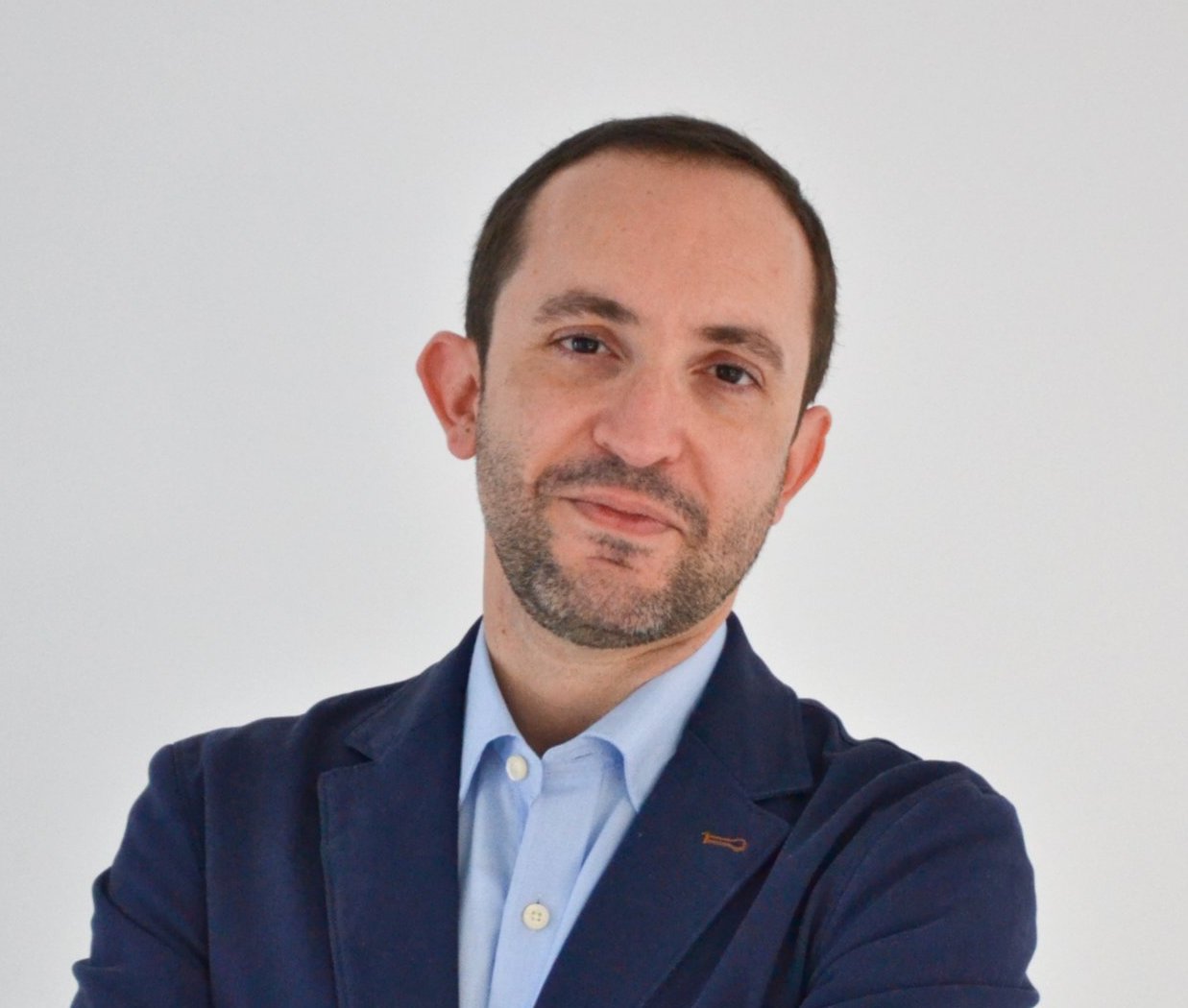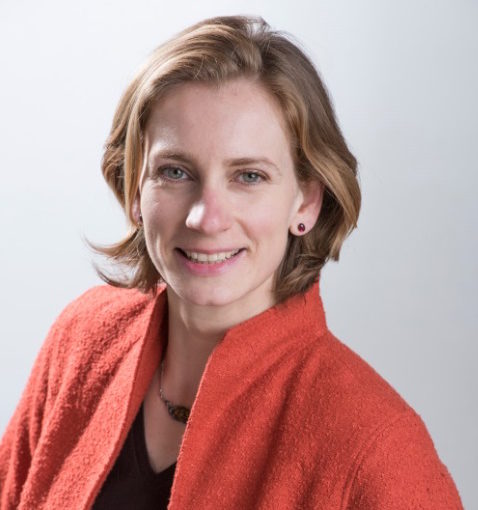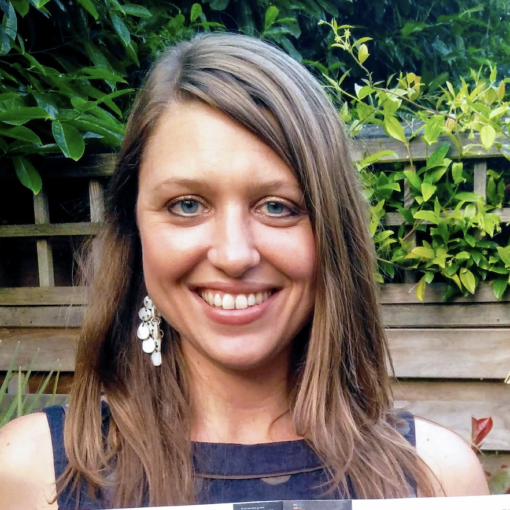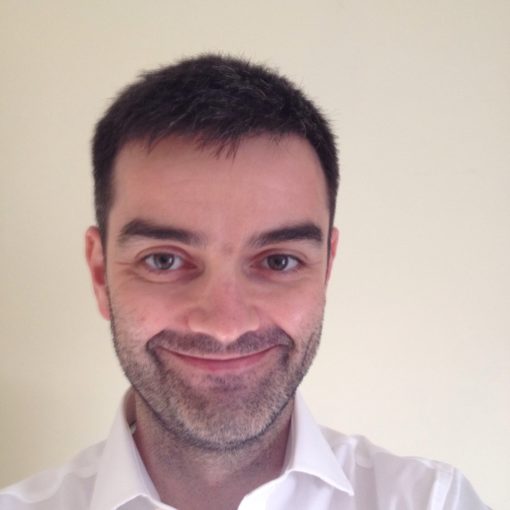PhD in Neurobiology, Universidad de Sevilla, Spain (2006)
| Recruiting Manager | |
|---|---|
| Talento Cientifico | |
Year entered into a non-academic position: 2017
Job highlight: I help scientists to find the best jobs and help companies to find the best talent. Besides, I love guiding scientists to reorient their career by discovering a path that matches their skills, interests and values.
My research training set me up to… deeply understand the technical requirements that R&D companies need in candidates who fill a position and the way candidates, as scientists, approach the selection process.
Left academia after: 11 years of postdoctoral work (4 postdocs, actually)
What’s your background?
After a Biology degree, I completed a PhD in Neurobiology. I focused my postdoctoral work on Auditory neuroscience and diabetes, using mainly microscopy and electrophysiology, in the USA and Europe. Outside the lab, I had always been active in outreach activities, science communication and science activism associations. In 2017 I transitioned to science consulting, founding Carreras Científicas Alternativas, a platform devoted to guide scientists and researchers to find new professional paths. Two years later, I founded Talento Cientifico, a recruitment boutique for R&D companies.
Why did you move away from academia?
I lost the passion for research along the way. I needed to use all the skills that I knew I was not using.
Is there anything you miss about academia?
Going deeper and deeper into a subject, when you raise a question. Also, hanging out with brilliant colleagues.
What motivated you to transition into career guidance? Why did you choose ‘career guidance/recruitment’?
I stopped and started a process of self-awareness to understand where I could apply my skills and which were my main motivations from a personal and professional point of view. Also, I invested time in hobbies that helped me to find the new direction my professional life should take.
Did you think you had the skills required for your current position before you started? Were you right?
Yes, I did. Otherwise, I would not have made the jump! And yes, I was right.
How did your PhD prepare you for your current job? For example, what were the transferable skills that you developed during your PhD that are most relevant to your current job?
The best skills were the ones I developed partially outside the lab during all those years: communication, focus, perseverance, analytical skills, creativity, writing, languages, oral presentations, etc.
Did you have any preconceptions about your sector that proved to be wrong?
Sure. I did not understand at that time that selling is helping others. Contrary to it usual reputation in academia, selling means to help others achieve their potential (career training) or fill open positions (industry partners).
Can you describe a typical week in your job?
I drop my kids to school and come to the office. Most of the time I am talking to candidates, clients and potential clients, creating content (typically for social networks), organizing our work for digital marketing campaigns. A lot of phone calls, zoom and emails!
What is the workplace culture like? Please include comments on work-life balance, flexibility, remote working?
My office is in a coworking space for entrepreneurs, and so far, I have managed to create an environment of 100% remote working and a fantastic work-life balance. That is the advantage of working as a freelancer!
Do people with a PhD frequently get hired in the company/sector?
There are more and more PhDs that end up working in the academic career development sector, typically focused in PhD training programs.
In the recruitment sector it is really unusual to find a recruiter with a PhD.
What are the favourite parts of your job?
Getting to know people and helping to connect scientific talent with companies that need that talent and cannot find it.
What are your reflections on your career path?
In retrospection, I should have left academia earlier. But I do not regret it, because it gave me the tools, knowledge and contacts to become what I am now.
Do you have any advice for current graduate students and postdocs considering a career outside of academia?
Be brave. Discover who you are, what are your technical and soft skills, your interest and your values and explore to find the perfect job for you.
Sometimes the fact that you are a PhD is irrelevant when it comes to being hired by a company, but, on the other hand, many companies in different sectors are recruiting specifically PhDs. Try to understand what you learnt from your PhD beyond the technical skills and learn how to convey that message outside academia.
Can you recommend any relevant resources, organisations or events that might help somebody new to the sector find out more about it?
In terms of employability for PhDs:
- BeyondProf (https://beyondprof.com/),
- Jennifer Polk (https://fromphdtolife.com/),
- Sarah Blackford (https://biosciencecareers.org/about),
- Cheeky scientist (https://cheekyscientist.com/),
- Natalia Bielczyk (https://www.youtube.com/channel/UCxZo9iXwe_urP60kFlrpEHw),
- Chris Humphrey (http://jobsontoast.com/about-jobs-on-toast/),
- Chris Cornthwaite (https://roostervane.com/about/), etc.
For headhunting and entrepreneurship:
- Dualta Doherty (https://www.dualtadoherty.com/podcast),
- Hishem Hazzouz (https://www.youtube.com/channel/UCtvb1c5vVV7d_dlgtmG0XbA) and
- Andy Whitehead (https://www.youtube.com/c/AndyWhiteheadRecruitmentMarketingInternational).
 Carreras Científicas Alternativas, is a platform devoted to guide scientists and researchers to find new professional paths.
Carreras Científicas Alternativas, is a platform devoted to guide scientists and researchers to find new professional paths.
Manolo Castellano, the founder, conducts training seminars and workshops related to professional careers and professional development, participates frequently in employability forums and runs a podcast about scientific careers, where he interviews researchers who happily made their professional career transition beyond Academia.
Manolo currently combines his career-guiding activities with recruitment consulting for R&D companies at Talento Cientifico.





